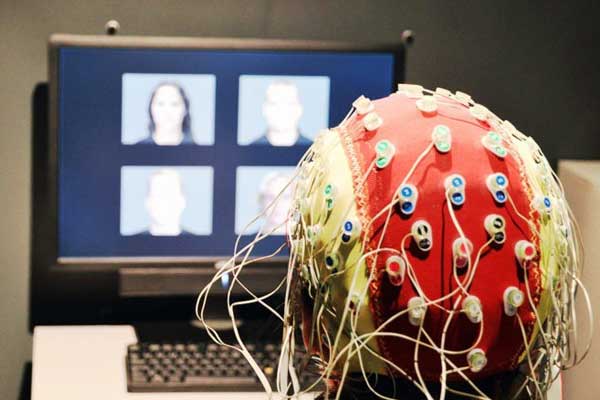Leah Alissa Bayer
I don’t study. At least, not in the traditional sense. This does not mean I know everything already. To the contrary, I’m in the camp that feels, relatively speaking, that I know nothing.
The reason I don’t have to study is because I listen with the intent to understand. During a lecture (or presentation, conversation, etc.), my attention is devoted to the speaker. I soak up their words and simultaneously extrapolate and analyze the heart of what they’re communicating, how it relates to other theories, and how that applies to various aspects of life. The same applies when I read. By being present and making the mental effort to break down and understand people, places, concepts, and problems as they’re presented to me I digest and retain that information – it becomes permanently imprinted within me.
If I have to study it means I’ve done a poor job paying attention in the first place.
Jeffrey Robinson
In college, I read about my favorite author, Isaac Asimov, when he went to school. He said that when he studied, he would take the first week and read ALL his textbooks, cover to cover. While everyone else was meeting, and partying, he isolated himself and simply read. I decided to try that too. I read all the assigned textbooks. A lot I did not understand. Much was Greek to me. I didn’t know what was important or not or what I was supposed to glean from the readings. Some I got. Some I didn’t.
But then something happened. When I went to classes, the teacher would lecture… and I would understand a lot more than my peers. They thought I was a genius, but it was just that I had read ahead. Most students didn’t read their assignments until AFTER the lectures and because of that much of what they heard was lost. Somehow, perhaps by the reading, I understood more. I had read but not understood, but I was somehow primed for his explanations and found that what I had read before, I now made sense. Sometimes I could see where he was going. How this current chapter led to the next. In history class, I could see how this event would lead to that next one that my classmates did not know was coming.

Image Credit: Bivas Nag
While most of my classmates struggled and were lost and confused, I found that everything I did was basically review. I found I could frame more intelligent questions, and the instructor gave more meaningful answers. Indeed, many lectures consisted of the professor having a conversation with me in the front row, while everyone else listened, often confused and lost (they were often unwilling witnesses of unseen events). The instructor was grateful that SOMEONE ‘got it’.
Thereafter, I did this every term.
Where I had entered college afraid I would fail and drop out. I found myself excelling far beyond my peers. I changed my major from biology to physics… and completed my coursework in two years. My third year I worked at Argonne National Laboratories as an undergraduate research assistant. My senior year, I transferred to University of Illinois and earned a second bachelors degree in Electrical Engineering, in only three semesters.
I attribute my success to ‘reading ahead’… and I read voraciously to this day.
I have averaged a book a day, every day, for thirty years and work in my den with 15,000 books. One wall fiction; the other wall technical. I have found I am fascinated by EVERYTHING and am an eclectic and eternal student. I teach graduate school and write. I consult and continue to ‘read ahead’… life is a classroom. I continue to ask questions endlessly and will never stop learning.
How do high IQ people study?
By asking questions endlessly, reading extensively, and going wherever your curiosity takes you. Enjoy the journey. Curiosity is the greatest gift that you do not want to waste.
Via Quora
